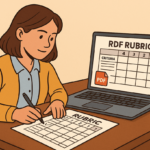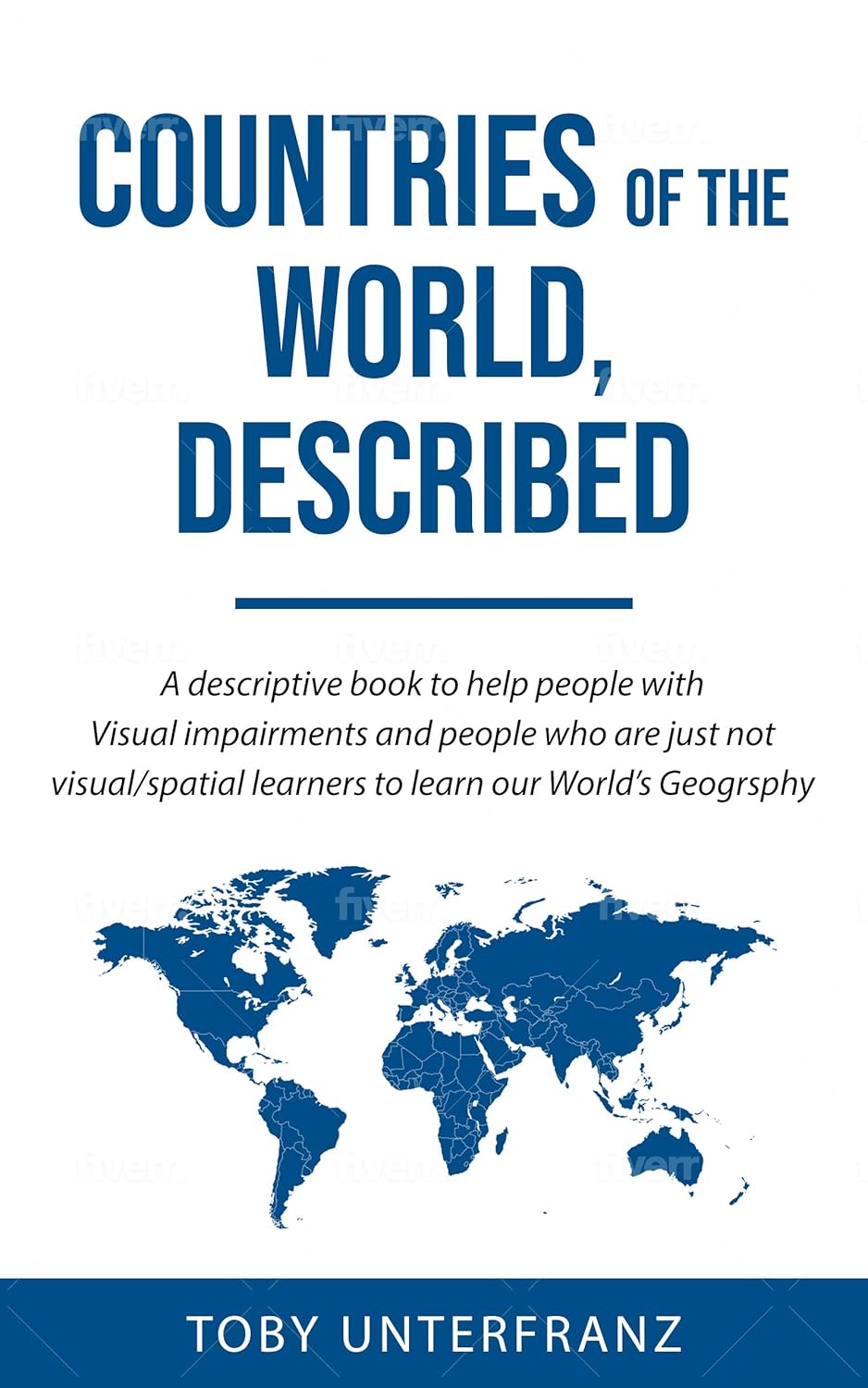There is more to knowledge than meets the eye. For those who are blind or visually impaired, learning frequently starts with imagination. By employing precise and comprehensive language, a descriptive e-book on impairments aids in the development of solid knowledge bases. These terms help the mind make sense of shapes, spaces, and locations. Locations and sceneries are brought to life in the mind through meticulous description. With this method, learning is straightforward, consistent, and equitable. It enables students to develop gradually, mastering the fundamentals before delving into more complex concepts.
Here are five ways the descriptive impairments e-book for visually impaired people helps build knowledge foundations.
Easy access for all
The fact that this e-book will be free 8/15-8/17 is among its most beneficial aspects. There is no barrier to admittance when access is free. It provides greater opportunities for exploration, education, and personal development. Without worrying about the expense, everyone may begin building their foundational knowledge.
Explains shapes and forms
The e-book describes land and space forms using descriptive language. It illustrates how rivers flow, valleys drop, and mountains climb. Clear mental images can be formed by listeners or readers. Before going on to more complex aspects, this aids in their understanding of structure and arrangement.
Builds a sense of location
In geography, it is crucial to understand where objects are located. The e-book uses words to convey relative location, direction, and distance. It helps students see one location in relation to another. Learning maps or geographical data later on is made easier by this basis.
Connects learning with daily life
Geography is connected to everyday life through descriptive passages. Words might liken a plain to a floor or a hill to the back of a chair. These connections facilitate understanding of topics. Knowledge seems authentic and natural when lessons are applied to everyday situations.
Creates lasting memory through detail
Details are important. Students recall when they hear about the sound of wind, the movement of water, or the texture of dirt. These specifics help ideas stay. Learners develop a better memory and acquire the self-assurance necessary to tackle challenging subjects in the future.
To sum up
When it comes to descriptive impairments e-books, rest assured that there is more to them than just reading. They serve as manuals that get students ready for more complex concepts. They aid in the development of sound knowledge steps using straightforward language and unambiguous illustrations. For people who learn without sight, they give both dignity and wonder.












